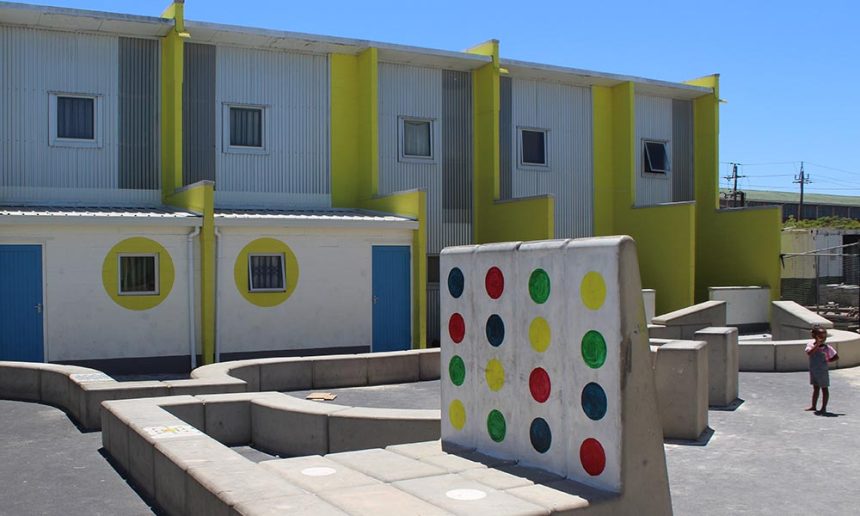Cape Town is taking bold action to address its skyrocketing housing market. As Africa’s most expensive city for real estate, the city is now working to make home development easier and faster.
Cape Town’s residential property market is valued at a huge 1.2 trillion rand (around $64 billion), and it is under increasing pressure as thousands of new residents move in every year.
Nestled between the iconic Table Mountain and the sea, and just a short drive from world-famous winelands, Cape Town has long been a favorite destination for the wealthy. Luxury properties, particularly in the Atlantic Seaboard area, are in high demand, with prime apartments averaging $5,600 per square meter. This demand is rising, but so are property prices, leaving many locals priced out of their own city.
Cape Town’s Mayor, Geordin Hill-Lewis, says the city is working to fix this issue. In the last two years alone, around 100,000 families have moved to Cape Town. Many of them are coming from Gauteng, the province that includes Johannesburg. Remote working and better public services have made Cape Town a magnet for middle-class families. However, this influx is exacerbating the city’s housing crisis, contributing to a shortage of affordable homes.

The mayor revealed that changes to planning laws are expected to take effect in July or August. These changes will speed up the approval process for new building projects. At the moment, it takes up to two years for construction plans to be approved. By cutting down this approval time, Cape Town hopes to meet the growing demand for housing more efficiently.
Hill-Lewis mentioned that the city is already seeing an increase in construction applications, which is a positive sign. Faster processing of these applications means more homes can be built sooner. However, the mayor emphasized that Cape Town will not impose price limits on homes. He believes that doing so would discourage investment and ultimately drive prices even higher in the future.
Cape Town is a city of contrasts. While luxury real estate prices are rising, areas like Khayelitsha and the Cape Flats are struggling with poverty and gang violence. During apartheid, many people of color were forcibly relocated to these areas, and the effects of this are still felt today. Crime remains a serious concern in these underdeveloped regions.
Despite these challenges, development is on the rise. In the last quarter of 2024 alone, city officials approved over 4,000 new building plans worth 7.5 billion rand a 61% increase from the year before. These projects include residential, commercial, and industrial developments.
The city is also planning to invest 120 billion rand in public infrastructure over the next 12 years. This includes upgrades to electricity, water, and transportation systems. Additionally, there are plans to increase police visibility and implement stronger safety measures in areas facing high crime rates.
Cape Town is growing rapidly, and the city knows it needs to keep up with the pace of development. Mayor Hill-Lewis says the goal is to create a city that works for everyone not just the wealthy. With these new changes, Cape Town could finally begin to turn the corner on its housing crisis.



